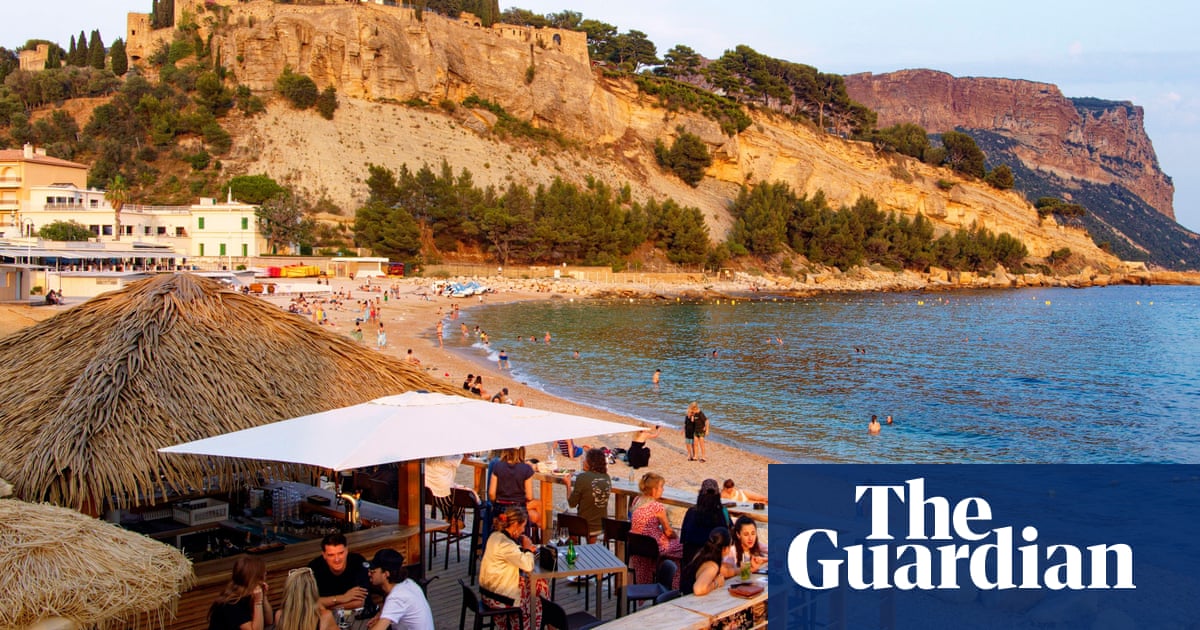The article raises significant concerns regarding the proposed ban on adult-only hospitality establishments in France, reflecting broader societal debates about parenting, public spaces, and individual freedoms. The government’s stance, articulated by high commissioner Sarah El Haïry, suggests that the prevalence of such venues is contributing to a culture that marginalizes the presence and needs of children.
Government Intentions and Social Commentary
The intention behind this proposal appears to be a push towards inclusivity and the normalization of children in public spaces. By framing the “no-kids trend” as a form of “violence against children,” the government aims to provoke public sentiment against establishments that cater exclusively to adults. This suggests a desire to reinforce the idea that children should be seen and heard in society, as opposed to being relegated to specific environments. The government may also be attempting to respond to parents' concerns about the lack of family-friendly environments.
Public Perception and Emotional Appeals
The article invites public commentary, indicating a strategy to gauge and influence public sentiment on this issue. It appeals to emotions surrounding childhood and societal responsibilities, positioning adults who seek child-free spaces as potentially selfish. By emphasizing that silence and tranquility should not come at the expense of children's presence, the article seeks to provoke strong reactions from both parents and childless individuals, potentially polarizing opinions.
Potential Omissions or Hidden Agendas
While the article focuses on the ban's implications, it does not address the economic impact on businesses that cater to adults only, which could be a significant aspect of the conversation. There may also be unspoken societal tensions regarding parenting choices and lifestyle preferences that are not directly mentioned but could influence public opinion.
Manipulative Aspects and Trustworthiness
The language used in the article can be perceived as manipulative, particularly in the framing of child-free establishments as harmful. This might skew public perception towards viewing such venues negatively. The reliability of the article rests on its source, the Guardian, which generally has a reputation for credible reporting; however, the emotional framing and lack of diverse perspectives could diminish its trustworthiness.
Implications for Society and Economy
The potential banning of adult-only establishments could lead to a cultural shift in how public spaces are perceived and utilized, possibly resulting in economic ramifications for businesses that rely on adult clientele. This could lead to a decrease in such establishments, affecting employment and consumer choices.
The article seems to resonate more with parenting communities and advocates for child inclusion in public spaces, while possibly alienating those who prefer child-free environments. This could lead to a divide between different societal groups based on their lifestyle choices.
Market and Global Considerations
While this issue may not have immediate implications for stock markets or global economic power dynamics, it reflects broader social trends in many developed nations regarding family structures and public policy. As such, it may influence consumer behavior in hospitality and leisure sectors, although the direct impact remains to be seen.
The use of artificial intelligence in content creation is a possibility, particularly in generating responses or interpreting public sentiment. However, it is difficult to ascertain the extent of AI involvement just from the article itself. If AI were employed, it could have subtly guided the narrative towards a more emotional appeal or specific framing of the argument.
In summary, this article points to a significant cultural discussion about the role of children in society and the choices made by individuals regarding family and leisure. The framing and emotional appeal suggest a deliberate aim to influence public opinion and policy regarding child-friendly public spaces.
